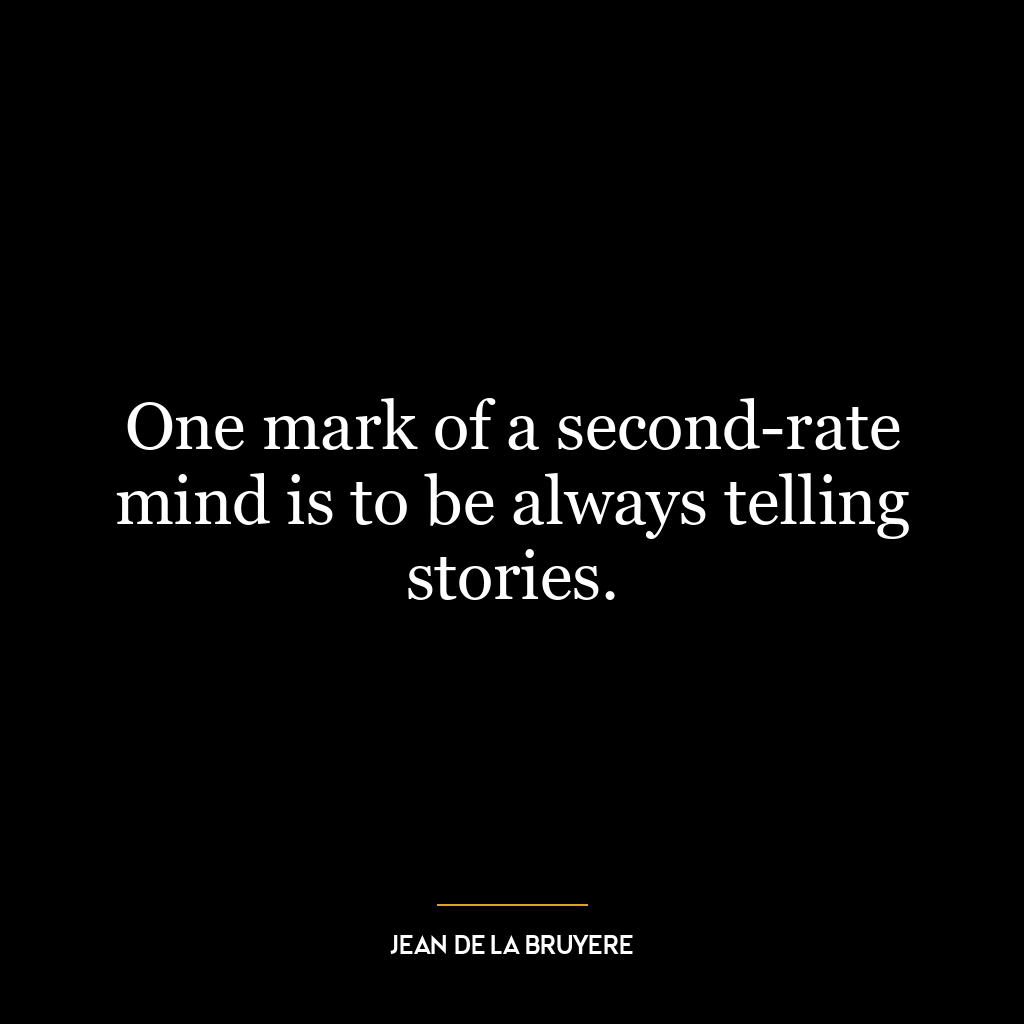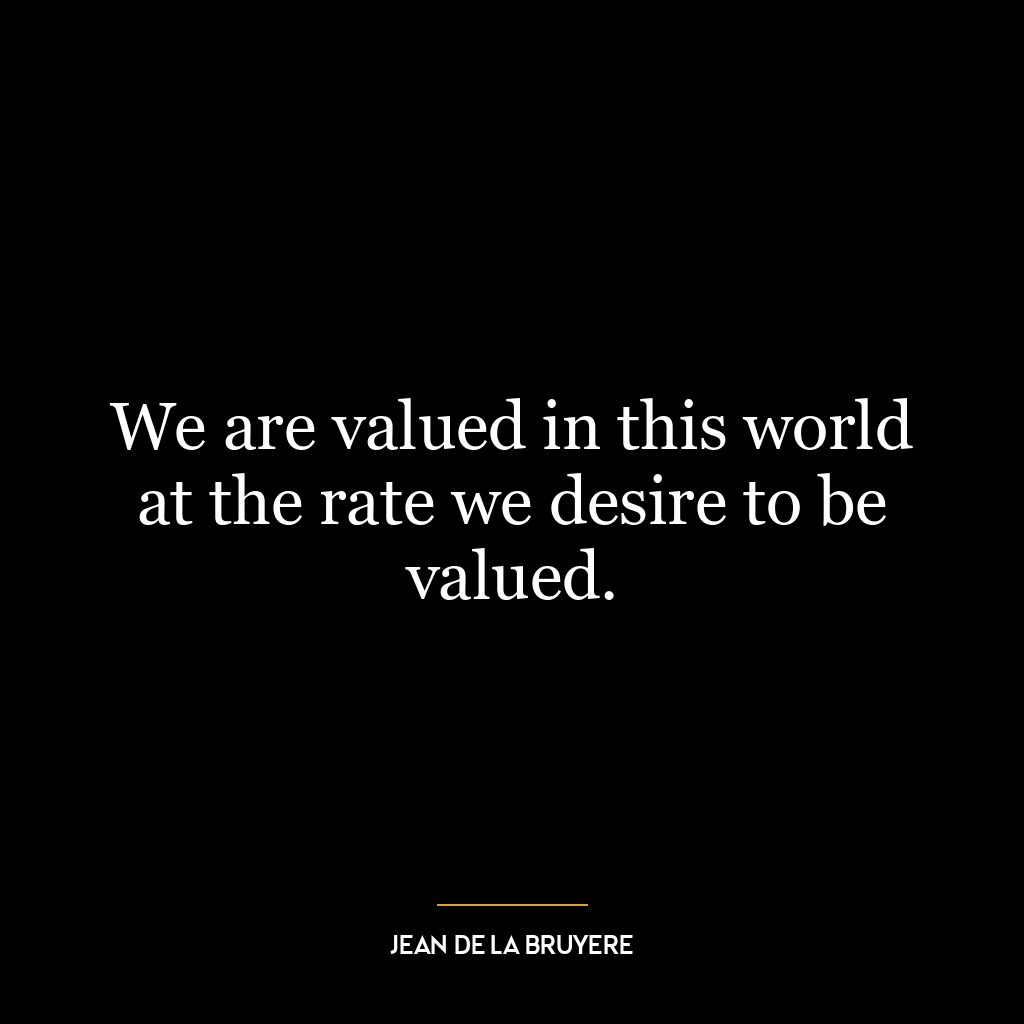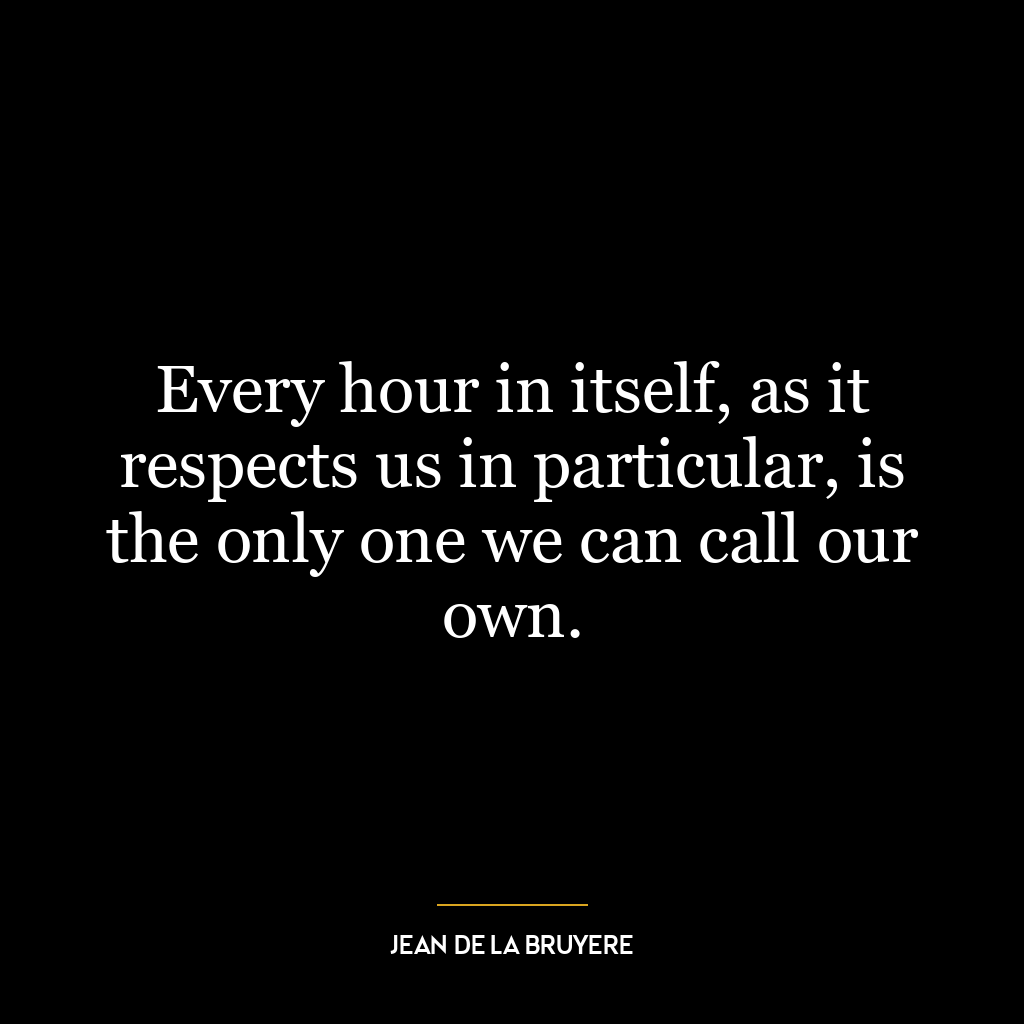People blush at praise–not only praise of their bodies, but praise of anything that is theirs.
This quote speaks to the universal human experience of modesty, vulnerability and self-consciousness. When we are praised, whether it’s for our physical appearance or our accomplishments, we often blush or become uncomfortable. This is because praise brings attention to us and makes us the center of focus. It highlights aspects of ourselves that we may not normally acknowledge or appreciate.
Blushing can be seen as a physical manifestation of humility – an acknowledgement that while we have achieved something noteworthy, there is still room for growth and improvement. It also indicates a level of discomfort with being singled out or placed above others, suggesting an inherent desire for equality and fairness.
In today’s world where individual achievement is often celebrated over collective effort, this quote reminds us of the importance of humility in personal development. While it’s important to take pride in one’s accomplishments, it’s equally important to remain grounded and remember that success is often the result of many factors – not just individual effort but also support from others and favorable circumstances.
Moreover, this idea could be applied in promoting healthy self-esteem: accepting praise gracefully without letting it inflate one’s ego excessively nor dismissing it outright due to lack of self-worth.
In terms of relationships (personal or professional), understanding this concept can help foster empathy towards others’ reactions when they receive compliments – some might brush them off due to discomfort while others might accept them wholeheartedly; neither response necessarily reflects their actual worthiness for praise.
In essence, Lewis’ observation about blushing at praise underscores the complex emotions tied with recognition – a mix between joy at being appreciated yet unease at being spotlighted which are deeply rooted in human nature’s inclination towards modesty and equality.








